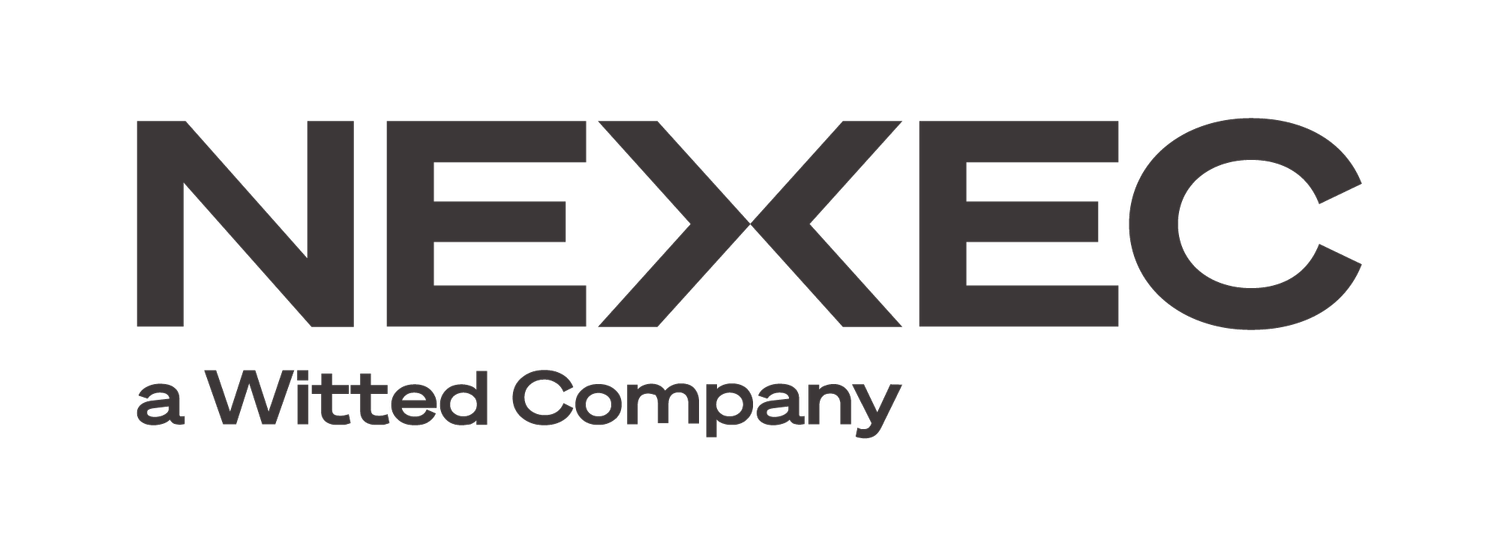4 common myths about freelance consulting
Freelance consulting has become an increasingly popular career choice, offering experienced professionals the opportunity to use their expertise in challenging client assignments and the freedom to work on their terms.
However, misconceptions about freelance consulting and entrepreneurship continue to circulate. In this article we’ll go through four common myths surrounding freelance consulting and uncover the truth behind the realities of this demanding and rewarding field:
#1 Freelancers don’t get to take vacations
Thankfully it is not expected for freelance consultants to work continuously 12 months of the year without taking any vacation days. However, since there are no similar laws governing the relationship between companies and freelancers as there are for employment it means that freelance consultants need to take into account vacation time when planning and budgeting their work and schedules. In practice they must plan ahead to ensure their own financial stability during holiday periods. Additionally, without someone deciding when to take a vacation, it is crucial to take care of one's wellbeing and maintain a healthy work-life balance.
For example during the summer months, freelance consultants often have the opportunity to have their summer holidays at the same time as projects are slowing down. The advantage of freelancing is that when their workload becomes more consistent and stable, they may even be able to take longer breaks compared to traditional employment. Additionally, there can be gaps or breaks between projects for freelance consultants. There is no designated "bench time" for them, which means they must be prepared financially for these periods in between projects. However, if there is a clear demand for their skills and expertise, a good partner with solid customer relationships can assist in finding the next client assignment even before the current one ends.
#2 Being a freelancer is lonely
Entrepreneurs have to decide on many work-related matters themself, which can in a way increase the feeling of loneliness but on the other hand offers more freedom. Partners like NeXec bring project sales power and they also offer really good peer support if needed. In addition to the sales team that takes care of matching the right assignment and consultant, there are consultants who are working on different assignments.
If we think about the common roles in NeXec’s client assignments, such as Project Managers and Project Directors; they are experienced professionals who work with several project team members and stakeholders, and they have the ability to build relationships and lead individuals during different projects in the assignment. Even though they are freelance consultants, they work closely with the employees and other consultants.
#3 In uncertain times, it’s not smart to become a freelancer
It’s wise to be realistic and plan for the future as best you can, because it can be that the next assignment doesn't come right after you start or after the previous one. Many people also think about the timing of jumping into entrepreneurship. We recommend first to take some time to do the necessary preparations in advance:
Figure out accounting, insurance and how personal finances work and think about what kind of company to establish.
Reflect your skills and professional career to identify your strengths – a partner like NeXec can also help you spar with this.
Calculate and define all the financial parameters required (e.g. your monthly income, assignment durations, holidays) within which starting a business will work.
Wait for a suitable assignment to come along and take care of your skills and knowledge with necessary trainings.
#4 Becoming a freelancer is difficult
Becoming an entrepreneur is easy, succeeding is harder. Some things that may seem challenging in the beginning, e.g., taxation and accounting are quite straightforward and there’s always help available if needed. The work that is done in client assignments is much more demanding than running your own company.
If you know that you can easily find an in-house role, that is a good indicator that you could be successful as an entrepreneur. Then the worst scenario is a return to paid work. Although entrepreneurship has its own risks, when you make it work it can be really rewarding.
The increasing demand for consultants is driven by digitalization and the growing number of projects in organizations. The biggest demand now is for experienced freelance consultants with change and project management skills. Managing demanding development programs is no walk in the park. Identifying the requirements and specific needs for multiple stakeholders and business units requires vision and expertise. Then there’s the selection of vendors, leading them and making sure that the project or often multiple projects are successfully completed. And when it comes to large business or IT transformations or transitions, the key to success is succeeding in change management; changing processes and tools that people may have been used to having and using for a long time.
For these reasons, hiring an independent and experienced consultant who will work with the customer’s interest in mind is a valid option. Instead of hiring someone for an in-house role and especially only for a specific period of time, an independent consultant allows the company to benefit from the required expertise for a specific project and duration and for a quick ramp-up of new talent.
Are you an experienced business or IT transformation expert, considering a switch from an in-house role to freelance consulting? You’ve come to the right place. Contact us and let’s talk about your possible new career opportunities.
